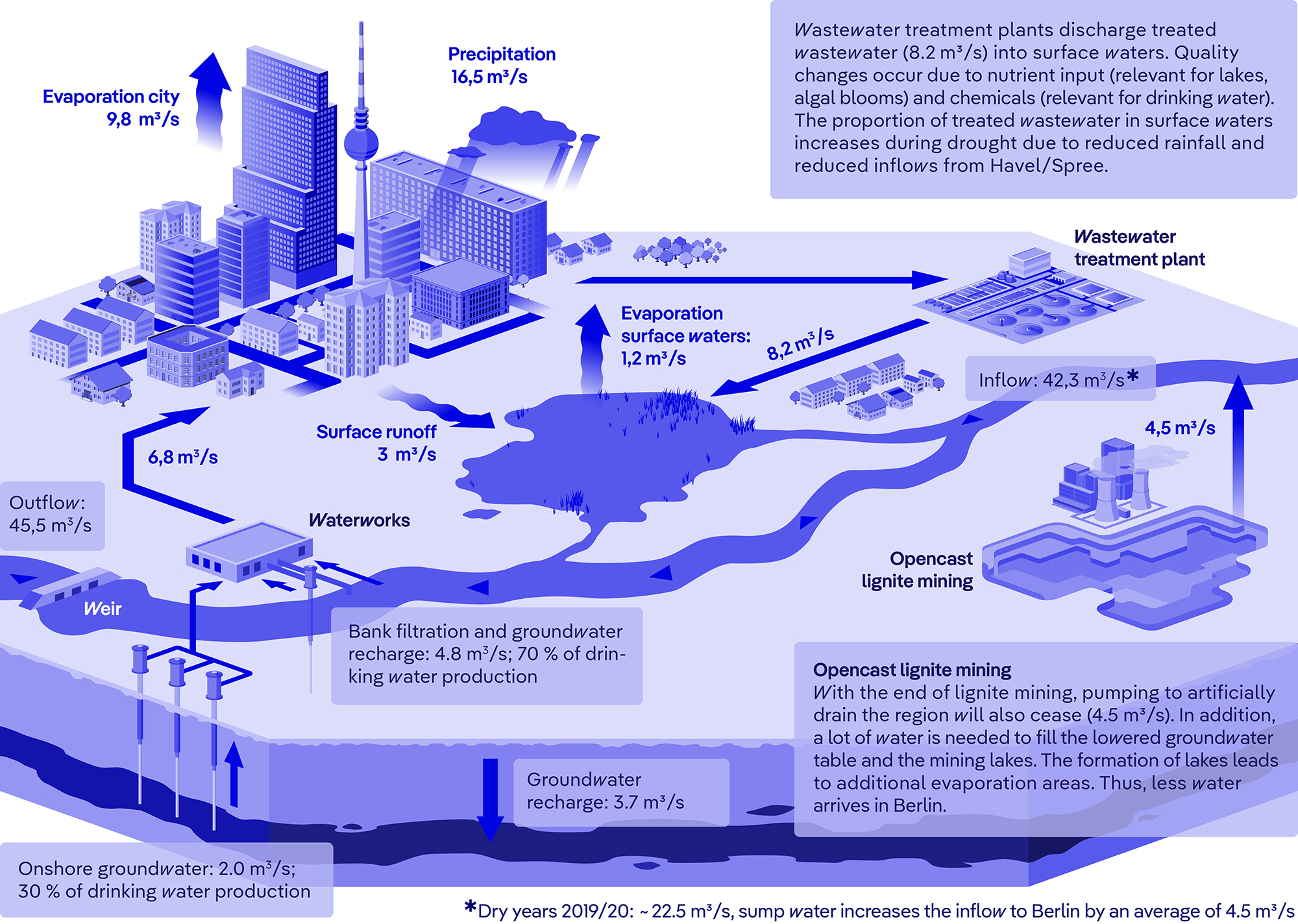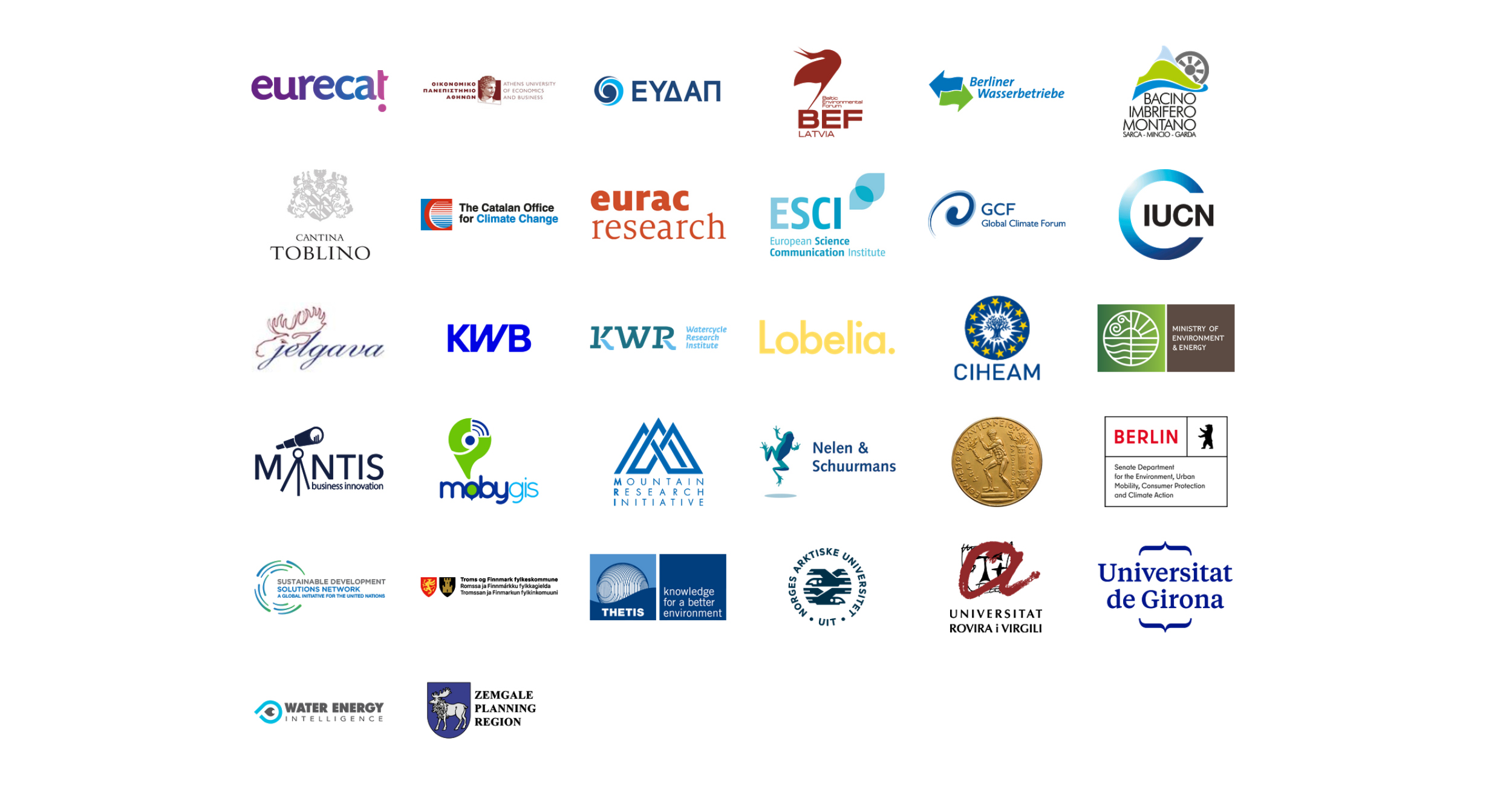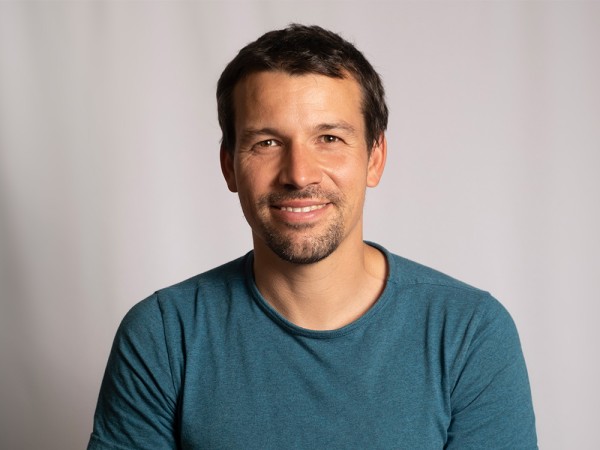Dynamic Information Management Approach for the Implementation of Climate-resilient Adaptation Packages in European Regions
When embedding this video, cookies from third parties may be set. You must agree to this if you want to watch the video. You can change your decision later in the privacy settings.
The impacts of climate change are being felt here and now. From floods in Germany to wildfires in Greece and Turkey; water shortages in Northern Europe and even heatwaves in Siberia. Intensifying weather events threaten our way of life, with severe impacts on people’s health, livelihoods and assets.
To help accelerate Europe’s climate adaptation strategy and meet the ambition to become the world’s first climate-neutral continent by 2050, the European Commission has awarded a new flagship project named IMPETUS. Its objective: turn climate commitments into tangible, urgent actions to protect communities and the planet.
The IMPETUS project will help accelerate Europe’s response to climate change and develop innovative measures to make its regions more resilient. Motivated and multidisciplinary teams from 32 partners in research, policy, industry and civil society will address real-world challenges in seven pilot regions across Europe. Together, these represent all the continent’s bio-climatic regions: Arctic, Atlantic, Boreal, Coastal, Continental, Mediterranean and Mountainous.
In the KWB-led work package for the Berlin-Brandenburg metropolitan region, effective solutions for sustainable water use are analysed and scaled. The metropolitan region relies on groundwater as a source of drinking water, with Berlin obtaining almost all of its water needs from local groundwater sources. In view of the emerging effects of climate change and the predicted change in the timing and quantity of rainfall patterns, the situation for drinking water extraction will deteriorate in the future not only for the capital, but also for the entire region. In the long term, the resulting reduced availability of freshwater will lead to a number of problems and conflicts between different uses.
Will Berlin soon be sitting on dry land? Partially closed water cycle of Berlin increasingly disturbed

The main objective of IMPETUS is therefore to close gaps in the mapping of the supra-regional water cycle and to develop and evaluate future water use scenarios for both surface and groundwater with the help of quantitative and qualitative water balance modelling approaches, and to share these with relevant regional stakeholders within the framework of IT-supported discussion formats.
In addition to the Berlin case study, KWB is leading the demonstration of innovative climate change adaptation solutions at the six other project sites in Spain, Greece, Italy, the Netherlands, Latvia and Norway. The pooling of data, the application of new digital approaches and the testing of innovative technical and regulatory measures will contribute to the success of IMPETUS, as will the close cooperation of all project partners with local policy makers, businesses and communities


This project has received funding from the European Union’s Horizon 2020 research and innovation programme under grant agreement No 101037084.







